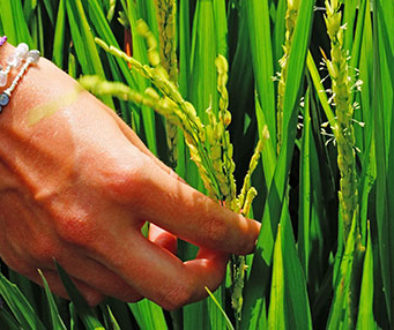Signs and Symptoms of Nickel Allergy
Nickel allergy is the leading type of “allergic contact dermatitis”, but chromium, copper, cobalt and other metals also causes metal allergies. These types of allergies occur when your skin displays a negative reaction to certain substances after direct contact.
Nickel allergy not only occurs when your skin becomes in contact with nickel objects, but also from food sources with nickel content, such as beans, nuts, chocolates and grain products. In many cases, patients diagnosed with this type of allergy experience mild to intense irritations around the area where point of contact occurred.
People with nickel allergy have been exposed to items containing nickel, consciously or unconsciously. When this happens to hypersensitive people, a tingling and itching sensation occurs around 30 minutes after direct contract with your skin. After a day or two, your skin could have watery blisters or swollen rashes.
Although there is no known cause of nickel allergies, some people may start becoming sensitive to these kinds of objects after their first piercing of the ear. However, the skin usually does not react during its first exposure to nickel. Instead, you could be directly in contact with nickel objects before the allergy has become established. Once this happens, your skin will then show signs of nickel allergy, such as itchiness or blisters.
Coping With Nickel Allergies
The most effective way of preventing the occurrence of nickel allergies is by avoiding direct contact with nickel-containing products, foods and metals. It is important that you identify all the sources of nickel, such as jewelries, watches, belt buckles, zippers, bra hooks and other clothing fasteners, hairpins, eyeglass frames, pens, utensils, keys, tools and coins.
Some researchers believe that water and certain foods are high in nickel. For this reason, don’t be surprised if your doctor recommends to follow a “low nickel diet”. Some foods high in nickel content include legumes, salmon, chocolate mix drinks, chocolate candies, dried fruits, canned vegetables and fruits, green beans, cocoa, broccoli and peas.
Nickel allergies may cause severe irritations, making it difficult to perform daily tasks. For temporary solutions of rashes and blisters, you can drink antihistamine to alleviate aching or apply moisturizing creams to soften dry skin and reduce itching. Corticosteroid creams can promote the healing of blisters and rashes, while wet compress can relieve skin irritations.
Although it may take time and effort in preventing nickel allergies, it is vital that you perform all the preventive measures to keep those irritating symptoms away.

